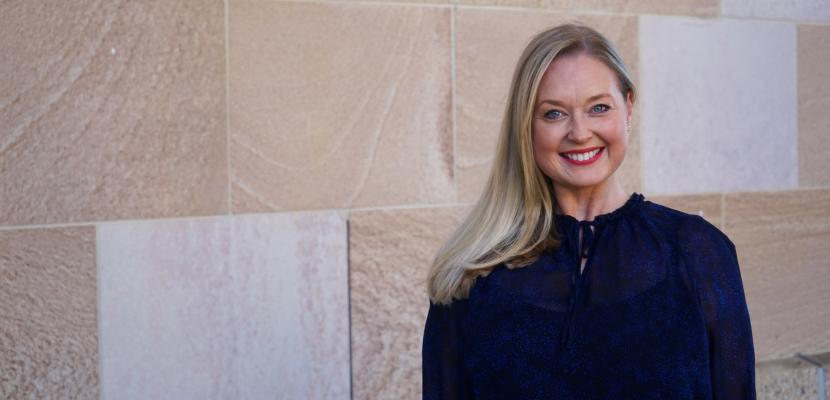
Dr Cher McGillivray is an Assistant Professor of Psychology at Bond University.
The increasing frequency and severity of natural disasters is stressful enough for adults, but did you know the impact is even bigger on our children?
Humanity has been deeply affected by the major traumatic events we’ve all been increasingly exposed to over recent years – environmental disasters, war, pandemics, and the growing impacts of climate change.
In 2020, there were 22 environmental disasters in the United States which came with a billion-dollar price tag. It was the highest recorded number of such events in history and the year that followed was little better with another 20 events in 2021. Globally, natural disasters have almost doubled in 10 years, increasing 1.7-fold in the decade 2000–2019 compared to the previous decade (rising from 4212 to 7348). This increase was associated with 1.23 million deaths and affected more than four billion people.
Research shows that in Australia, the impacts of these types of events are so severe one in four people with direct experience of a climate change-related event met the screening criteria for Post Traumatic Stress Disorder. Even people who haven’t had a direct experience of climate change are showing symptoms of pre-trauma, particularly in younger age groups and women.
The nationwide Australian survey, conducted between August and November 2020, was a representative sample of the Australian population across sex, age, location, state and area disadvantage. Almost ten per cent of respondents indicated significant eco-anxiety, 15 per cent showed pre-traumatic stress and 25 per cent indicated post-traumatic stress disorder. Those most affected were younger people, women and those from disadvantaged regions.
It’s the same around the world, according to a 2021 UK online survey of climate anxiety in 10,000 teenagers and young adults aged 16-25 in 10 countries including the UK, US, Brazil, India and the Philippines.
Close to 60 per cent of the young people who responded to the survey said they felt ‘very’ or ‘extremely’ worried about climate change while 75 per cent said ‘the future is frightening’, 56 per cent believe ‘humanity is doomed’ and 39 per cent were hesitant to have children. Fifty-eight per cent of respondents felt that governments were betraying them or future generations.
So we know a lot of our young people are having a lot of really big and scary feelings right now, and so are we. One of the questions I’m often asked is what we can do to support younger generations and help them deal with the feelings of worry, fear, anger, grief, despair, guilt and shame that come with eco-anxiety and climate stress, especially when we as adults are experiencing similar emotions.
The good news is there are strategies we can all employ to help us better cope with the fear we’re facing. As parents, we need to start with ourselves. By caring for ourselves, we can empower children to care for themselves. If children sense a parent isn’t coping they can react by shutting down and not sharing their own fears and anxieties to make sure the parent is okay. On the flipside, when a child is anxious and goes into flight/fight/freeze mode, parents can help them reset, if they can regulate their own emotions.
Validation is really important in this process – letting the child know that it’s normal to have these types of reactions to abnormal and scary events, it’s okay to feel afraid and that it’s good to share these feelings and talk about their fears. It’s also important to remind children – and ourselves – that it’s not down to one individual to solve the whole problem.
And that’s the key to my next tip – focusing on what we can control. This can really help support children with feelings of eco-anxiety by encouraging them to think about the actions they can take to make a difference, the actions you can all take as a family and supporting them to push for more action from leaders, systems and institutions to tackle the aspects we can’t change ourselves.
Gratitude, mindfulness and time in nature can also be very effective tools. Acknowledging that it’s okay to have bad days when we are afraid or anxious about the state of the world but reminding ourselves and our children that the birds are still singing, there is still beauty and joy to be had from spending time in the natural world and with loved ones, doing things we enjoy.
It’s likely the climate emergency will prove this century’s greatest threat to public health, and we’re already seeing the psychological effects on our society. The fear is real, and it’s valid, but by applying some of these techniques of connection, compassion, curiosity and creativity we can guide our children to a place of hope and self-agency that will help them become the generation that changes the world.